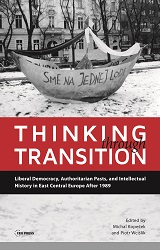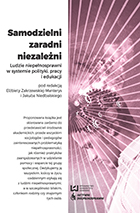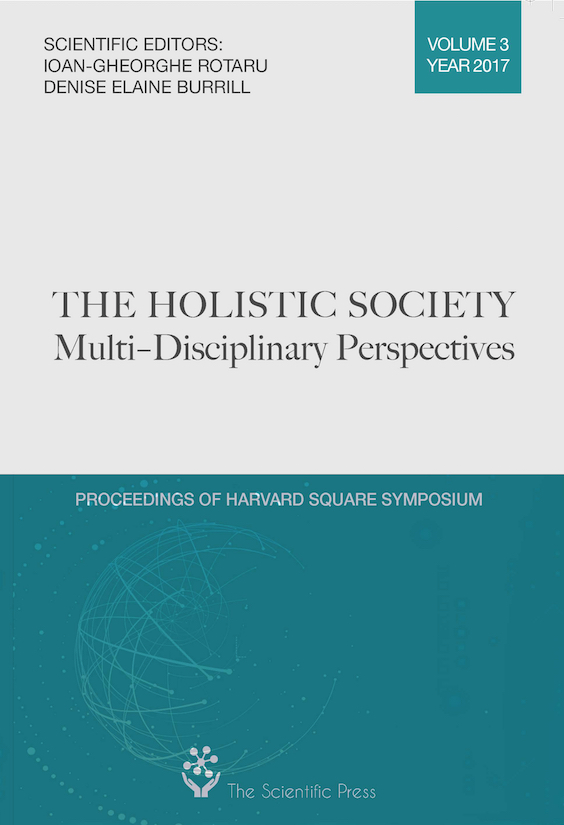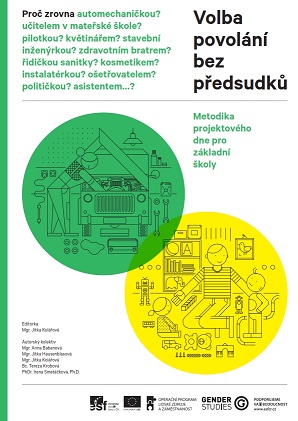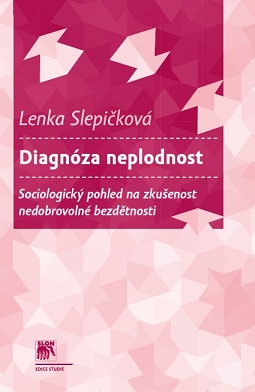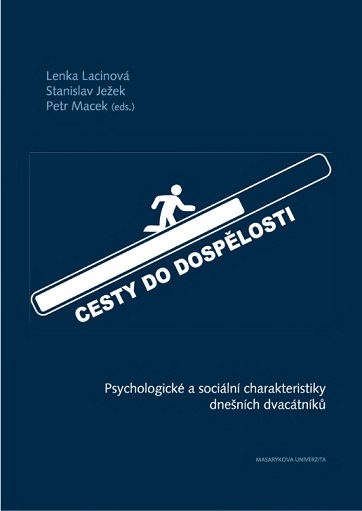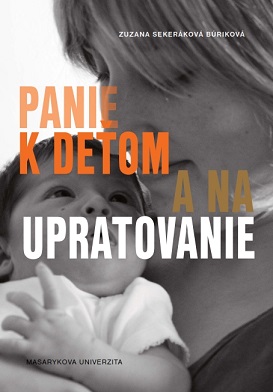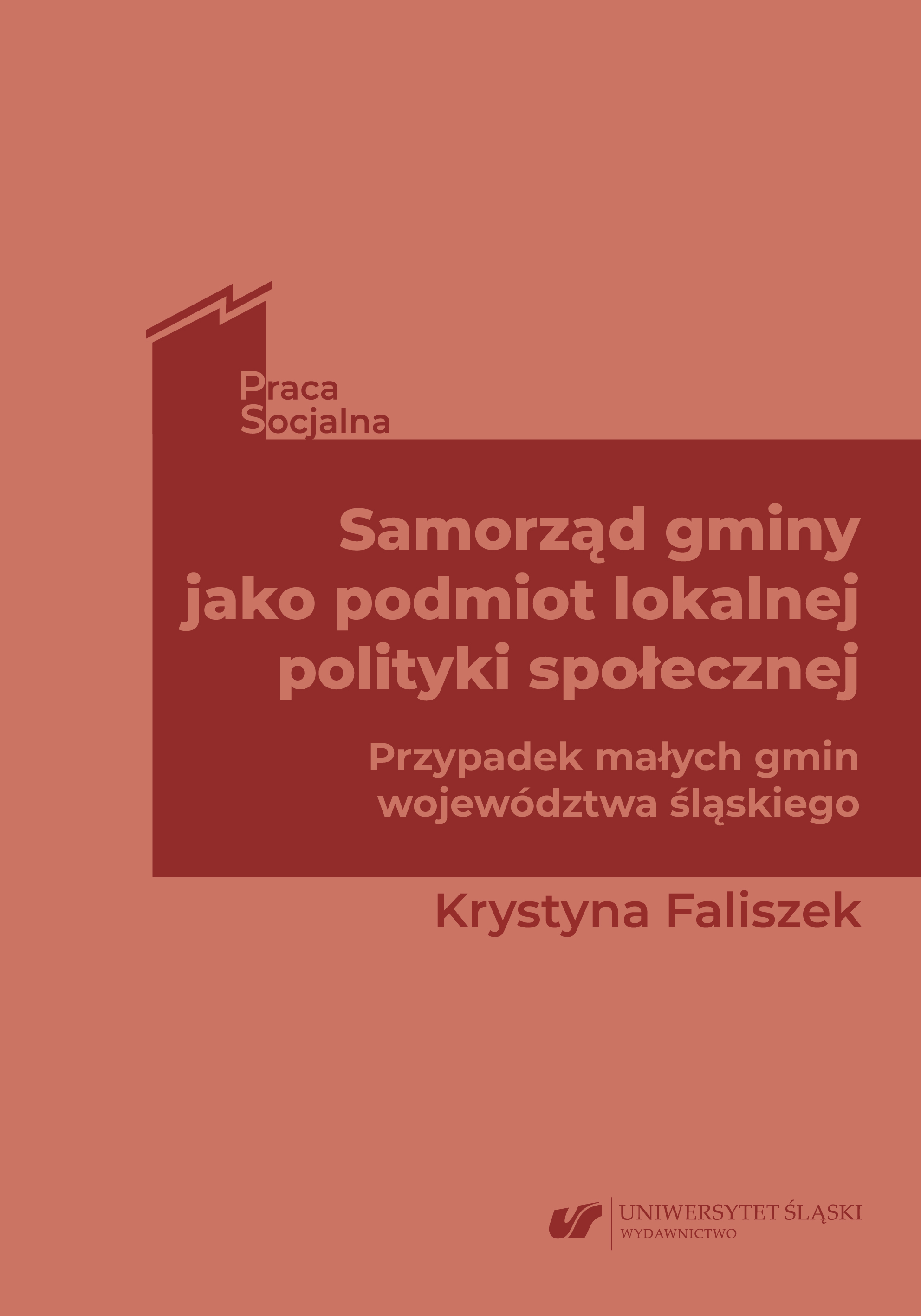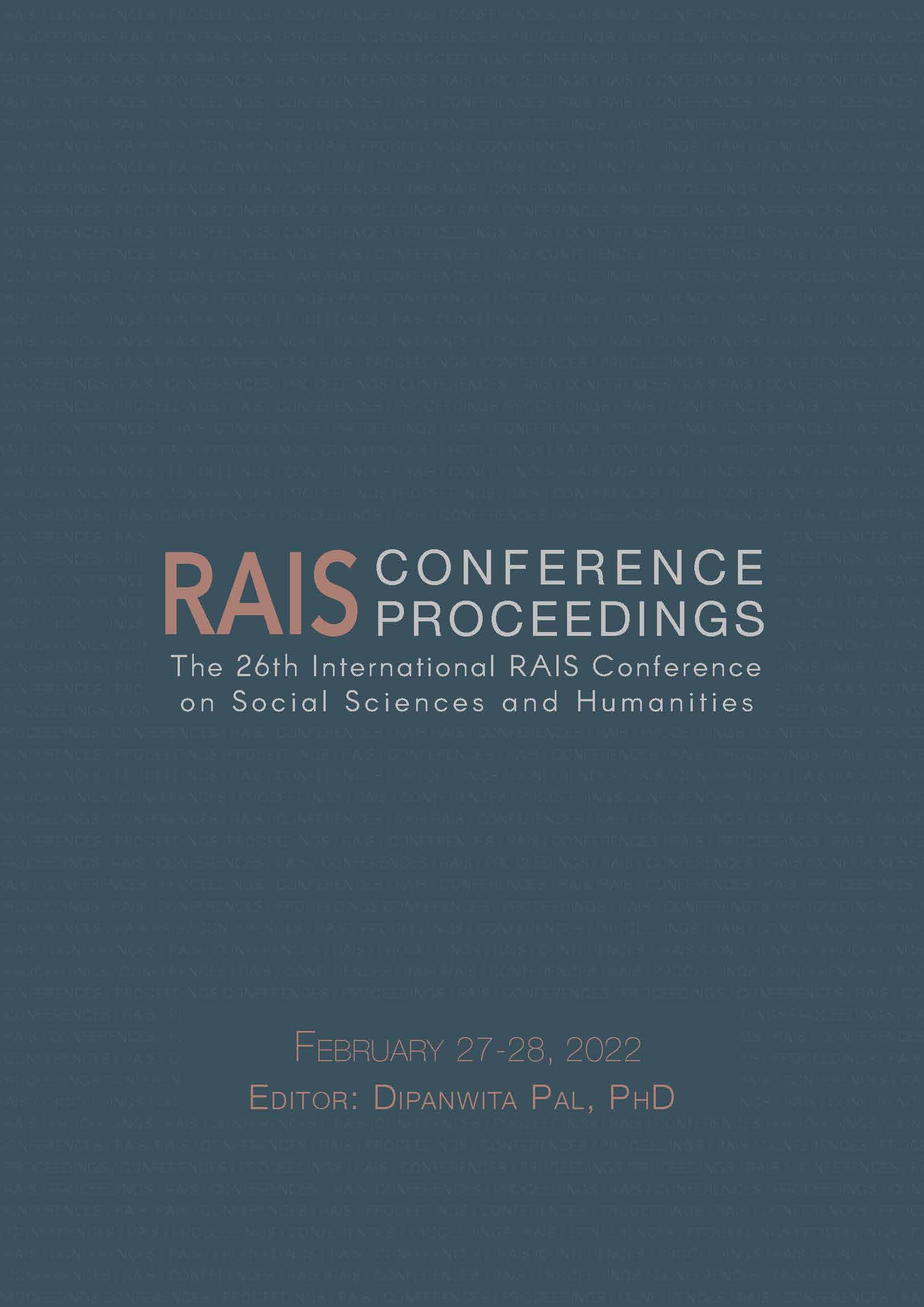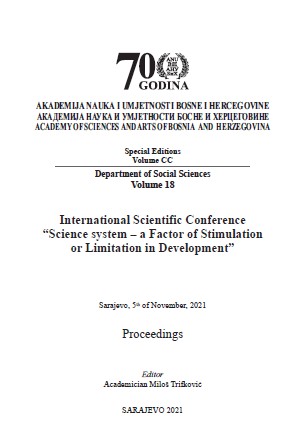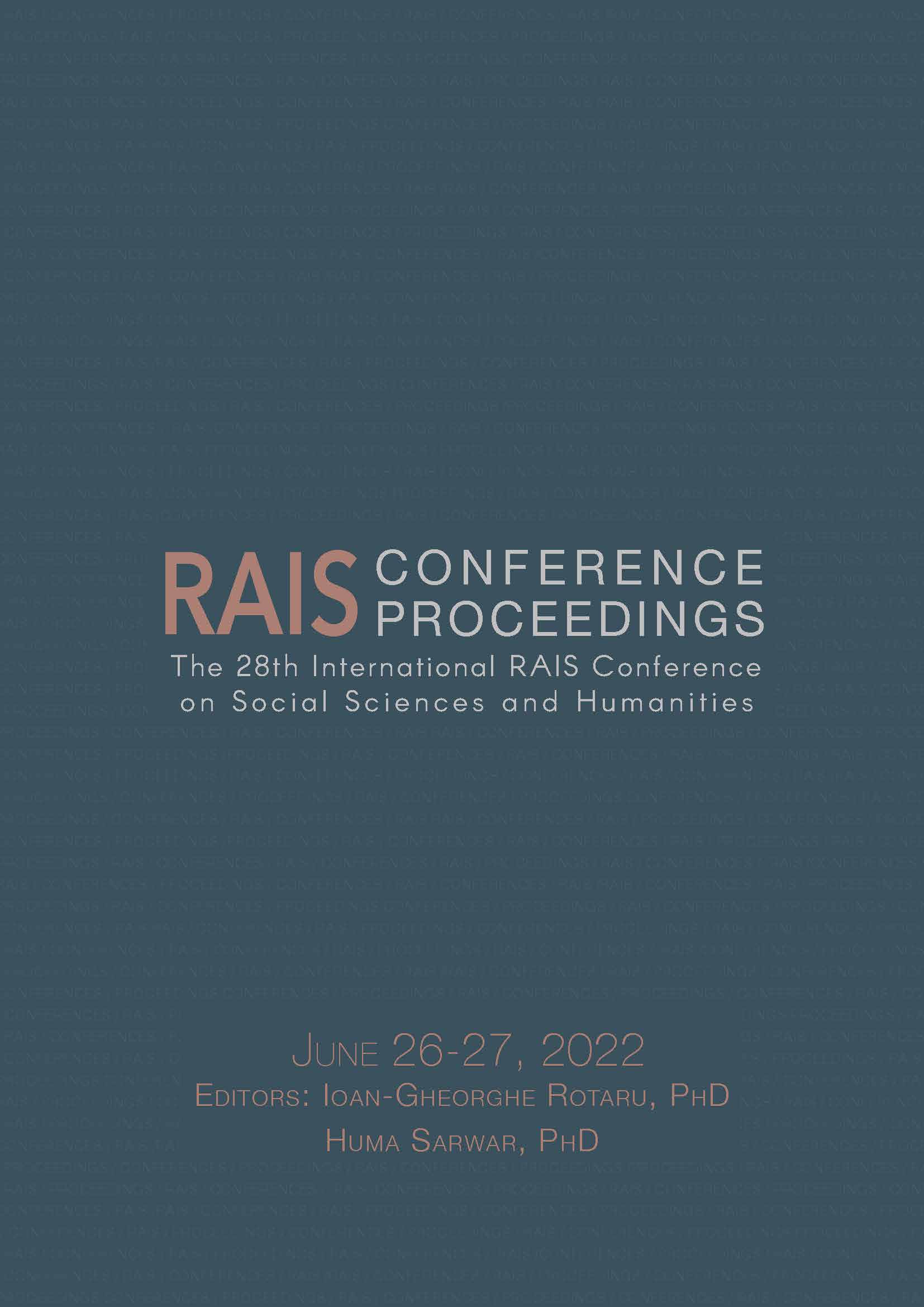
Meandry i wyzwania procesu globalizacji
Przedmiotem zainteresowań autora jest tematyka międzynarodowych stosunków gospodarczych. W ostatnich latach zainteresowania swoje koncentrował głównie na problemach transformacji systemowej oraz procesach globalizacji i ich wpływie na gospodarkę polską. W ostatnich 13 latach autor zamieścił w czasopismach fachowych 30 publikacji poświęconych wspomnianej tematyce. W tym dwie książki i jeden skrypt. Prezentowana praca jest kolejną książką i zarazem podsumowaniem prowadzonych przez autora badań nad procesami globalizacji. Świadomość złożoności tych procesów spowodowała, że praca z konieczności nabrała charakteru interdyscyplinarnego. Autor, aby spróbować wyjaśnić skomplikowany charakter szybko zmieniających się sytuacji we współczesnej gospodarce światowej, zmuszony był korzystać nie tylko z wiedzy ekonomicznej, ale również z wiedzy socjologicznej, politologicznej, a nawet antropologicznej. Próby zrozumienia tych procesów wymagały przeanalizowania ich w przekroju historycznym, regionalnym, międzynarodowym i globalnym. Procesy globalizacji dotyczą ponadto nie tylko zjawisk ekonomicznych, ale również kulturowych i cywilizacyjnych. Procesy globalizacji obejmują także wielobiegunowy świat finansów Międzynarodowych. Pod wpływem procesu globalizacji zmienia się również rola i funkcjonowanie państwa. Pod wpływem globalizacji zmienia się cały otaczający nas świat i jego funkcjonowanie. Proces globalizacji ma i będzie miał coraz większy wpływ na sytuację społeczno-gospodarczą Polski, stąd częste odniesienia autora do wpływu tych procesów na Polskę. Stałe pogłębianie wiedzy o przyczynach i skutkach globalizacji, o korzyściach i zagrożeniach związanych z tym złożonym procesem, jest niezbędne dla ich zrozumienia, dla podejmowania racjonalnych decyzji zarówno na szczeblu rządowym, jak i podmiotów gospodarczych. Lepsze rozpoznanie zachodzących zmian może być również antidotum na społeczne frustracje. Pogłębiona wiedza o globalizacji to także większa szansa na pełniejsze wykorzystanie tych korzyści, które oprócz zagrożeń, niesie ze sobą proces globalizacji. W aneksie autor zamieścił kilka refleksji na temat sytuacji Polski w kontekście procesów integracyjnych i globalizacji.
More...
